The Essential Guide to Portable Ultrasound Machines
Introduction
Portable ultrasound has revolutionized modern healthcare. Once limited to large, stationary systems confined to radiology suites, today’s compact, battery-powered solutions bring imaging directly to the point of care. For physicians, midwives, emergency clinicians, and even veterinarians, portable ultrasound provides diagnostic confidence, speeds decision-making, and enhances the patient experience.
This guide is designed to help medical professionals understand the value of portable ultrasound, key features to evaluate, clinical use cases across specialties, and practical considerations when choosing the right system.
Why Portable Ultrasound Matters
Healthcare delivery is shifting rapidly toward patient-centered, efficient models. Portable ultrasound fits seamlessly into this transition by offering:
- On-Demand Imaging:
Immediate access to diagnostic tools without waiting for radiology scheduling.
- Improved Patient Care:
Real-time imaging supports earlier diagnosis and more informed decisions.
- Operational Efficiency:
Minimizes workflow disruptions and enables imaging at the bedside, in clinics, or in the field.
- Expanded Access:
Critical for underserved or remote environments where full-size imaging systems aren’t available.
- Cost-Effectiveness:
Provides advanced imaging capabilities without the financial burden of a full radiology suite.
Key Features to Evaluate
When selecting a portable ultrasound system, medical professionals should consider the following attributes:
1. Imaging Performance
- Resolution & Clarity:
High-resolution 2D and Doppler imaging is essential for accurate diagnosis.
- Advanced Modes:
Look for systems supporting 3D/4D, elastography, and contrast imaging where applicable.
- Transducer Compatibility: Versatility across linear, convex, phased array, and specialty probes expands clinical utility.
2. Portability & Design
- Weight & Size:
Systems range from handheld devices under two pounds to laptop-style units.
- Battery Life:
Extended operation is critical for point-of-care, emergency, and mobile use.
- Durability:
Ruggedized designs withstand frequent transport and diverse environments.
3. Workflow Efficiency
- Boot-Up Time:
Systems that power on quickly are ideal in fast-paced settings.
- Custom Presets:
Clinician-tailored workflows reduce repetitive steps.
- Touchscreen & User Interface: Intuitive controls save time and minimize training needs.
4. Connectivity & Integration
- DICOM Compatibility: Ensures smooth integration with EMRs and PACS.
- Wireless Transfer: Cloud or secure Wi-Fi upload enables collaboration and archiving.
- Remote Support:
Built-in telemedicine features support consultations and second opinions.
5. Service & Support
- Warranty Coverage:
Long-term protection minimizes downtime and cost.
- Training Resources: Onboarding, clinical applications, and ongoing education ensure confident use.
- Field Service Access: Responsive technical support keeps systems operational.
Clinical Applications by Specialty
Portable ultrasound serves a wide spectrum of providers. Below are some of the most impactful use cases:
Maternal-Fetal Medicine & OB/GYN
- Fetal viability checks during early pregnancy.
- Growth monitoring in high-risk pregnancies.
- Bedside ultrasound for quick reassurance during emergencies.
- In-office gynecological assessments, reducing referral delays.
Point-of-Care (POCUS)
- Emergency Medicine: FAST exams, trauma triage, and procedural guidance.
- Critical Care: Rapid assessment of cardiac function, fluid status, and pulmonary pathology.
- Primary Care: Immediate visualization for musculoskeletal, vascular, and abdominal complaints.
- Radiology & Outpatient Imaging
- Portable systems extend radiology capabilities into satellite clinics.
- Useful in teleradiology workflows where image acquisition and interpretation are decentralized.
Breast Imaging
- Supplemental screening for dense breast tissue.
- QT Imaging’s advanced portable breast system provides high-resolution, radiation-free imaging.
Veterinary Medicine
- Cardiac and abdominal imaging for companion animals.
- Reproductive and musculoskeletal evaluations for large animals in the field.
- Portability is critical for mobile veterinary practices.
Physician-Owned Diagnostic Labs
- On-site ultrasound supports labs in offering comprehensive diagnostic services.
- Enhances patient convenience and practice revenue.
Types of Portable Ultrasound Systems
Portable ultrasound is not “one size fits all.” Systems vary in form factor and clinical sophistication:
Handheld Ultrasound
- Smartphone or tablet-based systems.
- Highly portable, often weighing under 2 lbs.
- Ideal for quick assessments or procedural guidance.
- Trade-off: limited image quality and advanced features compared to larger units.
Laptop-Style Ultrasound
- Balances portability with advanced imaging capabilities.
- Supports a wide range of probes and clinical applications.
- Favored by OB/GYNs, emergency physicians, and point-of-care providers needing robust performance.
Cart-Based Portable Systems
- Still compact, but with greater power and display size.
- Suitable for facilities needing flexibility to move systems between rooms.
- Delivers performance approaching premium stationary machines.
Making the Right Choice
Choosing the right portable ultrasound machine depends on matching clinical requirements with budget and operational needs. Here are key decision points:
- Define Clinical Use Cases
- What specialties will use the system?
- What types of exams will be most common?
- Balance Portability and Performance
- Do you need a lightweight handheld for quick checks, or a laptop-style system for full diagnostic exams?
2. Plan for Growth
- Choose a system with upgrade potential, probe versatility, and connectivity to support future expansion.
3. Consider Total Cost of Ownership
- Factor in warranty, service, training, and software updates—not just the initial purchase price.
4. Evaluate Vendor Partnership
- Work with a provider who offers consultative guidance, turnkey installation, and responsive service.
The Preferred Medical Advantage
At Preferred Medical, we’ve partnered with clinicians for more than 35 years to deliver imaging solutions that fit clinical, operational, and financial goals. Our portable ultrasound portfolio includes:
- Philips: Premium portable ultrasound systems for OB/GYN, radiology, and point-of-care.
- Alpinion & Mindray: Compact, versatile systems designed for women’s health, vascular, MSK, and procedural guidance.
- QT Imaging: Exclusive breast imaging systems offering radiation-free, high-resolution imaging for women’s health.
- Certified Pre-Owned Systems: Affordable, tested solutions from Philips, GE, Siemens, and Mindray.
Every system includes:
- Five-year warranty (on new systems).
- On-site or virtual training for confident adoption.
- Nationwide and regional service support through Philips and Tri-Star Medical Technologies.
- Flexible acquisition options—purchase, lease, or demo programs.
Looking Ahead: The Future of Portable Ultrasound
Portable ultrasound continues to evolve, driven by advances in miniaturization, AI, and connectivity:
- Artificial Intelligence:
Automated measurements, anatomy recognition, and clinical decision support.
- Tele-Ultrasound: Real-time remote guidance for clinicians in training or underserved areas.
- Expanded Specialty Use:
From anesthesia to sports medicine, more providers will integrate ultrasound into everyday practice.
- Sustainability:
Longer battery life and rugged designs reduce downtime and environmental impact.
These innovations will further position portable ultrasound as an indispensable tool across modern healthcare.
Conclusion
Portable ultrasound has transformed medical imaging by bringing diagnostic power directly to the point of care. For medical professionals, it enhances patient care, streamlines workflows, and opens new possibilities for practice growth.
The right system depends on your specialty, workflow, and goals. Whether you need a handheld device for rapid assessments, a laptop-style solution for comprehensive imaging, or a specialty system for women’s health or veterinary care, Preferred Medical offers tailored guidance and long-term support.
Ready to explore your options?
Call (866) 492-1313 or contact us online to schedule a consultation with one of our imaging specialists. Preferred Medical: Confidence in every image. Support at every step.

Leading Women’s Health Providers in Houston, TX: Advancing Imaging Innovation Across Southeast Texas










